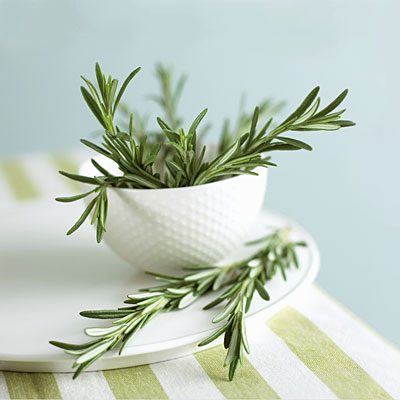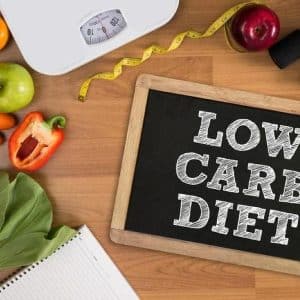Misconceptions about breastfeeding

Dear nursing mother, first of all, it must be said that mother’s milk is a divine gift that is not comparable to any other milk, no matter how carefully it is manufactured, because it is made by the Creator Almighty.

First: There is no food that the mother eats and that harms the child no matter what, and therefore the idea that the mother ate such and such food, which led to the child’s colic or flatulence, or anything like that. This is a completely wrong idea that must be paid attention to, but some foods smell like garlic, onions, cabbage and cauliflower It leads to making the smell of milk take from the smell of these foods and thus the child does not like milk and sometimes refuses to eat it, but it does not harm the child if he eats it.
Second: The mother’s exposure to the cold (coldness) of her body does not harm the child, because milk comes out of the mother’s body at a constant temperature, whether the mother was exposed to cold or heat, and therefore the idea that the mother was exposed to the cold, which led to the harm to her child and his illness afterwards, is completely wrong.
Third: A mother’s illness does not prevent her from breastfeeding her child unless she suffers from hepatitis B (Abyssinian as it is colloquially known), and when infected with AIDS and previously, it was a contraindication if she contracted tuberculosis, typhoid fever and Malta
Note: If the mother has an abscess in the breast, this does not prevent breastfeeding from the other breast.
Fourth: Attention must be paid to the issue that mother’s milk alone is sufficient as food for the child. Very often, children of advanced ages come to the clinic and are dependent on feeding them only mother’s milk and think that this is the ideal thing and they are pleased with that and that the mother still gives the boy only her milk. Of course, by looking and examining the child, we find He certainly suffers from a clear deficiency of iron and one of the signs of calcium and vitamin D deficiency (rickets) and the reason for this is that mother’s milk gives the child his basic needs at the age of only 4 months, after which we must introduce additional foods with her milk and not new milk, and thus the nutrition is ideal, i.e. should That feeding after the fourth month is not limited to breast milk only
Fifth: The mother’s sadness, anger or nervousness does not harm the child if he is breastfed by her while she is in this state. Hence, the idea that the mother was upset and then breast-fed her son and harmed him is a completely wrong idea, but sadness and nervousness lead to an effect on the amount of milk secreted from the mother because the issue is hormonal and interferes have passion
Sixth: The size of the breast after birth does not reflect the amount of milk produced from this breast. Many mothers refuse the idea of breastfeeding their children extra milk on the pretext that their breasts have grown a lot after birth, and this is a wrong idea. The size of the breast to be painted significantly, if the size of the breast after childbirth has nothing to do with the amount of milk produced from it at all.
Seventh: In the case of diarrhea, the mother should continue to breastfeed the child, and the mother should not listen to any doctor who asks her to stop breastfeeding her child from her in order for the diarrhea to stop because this is wrong. Mother’s milk is very useful in the case of diarrhea






